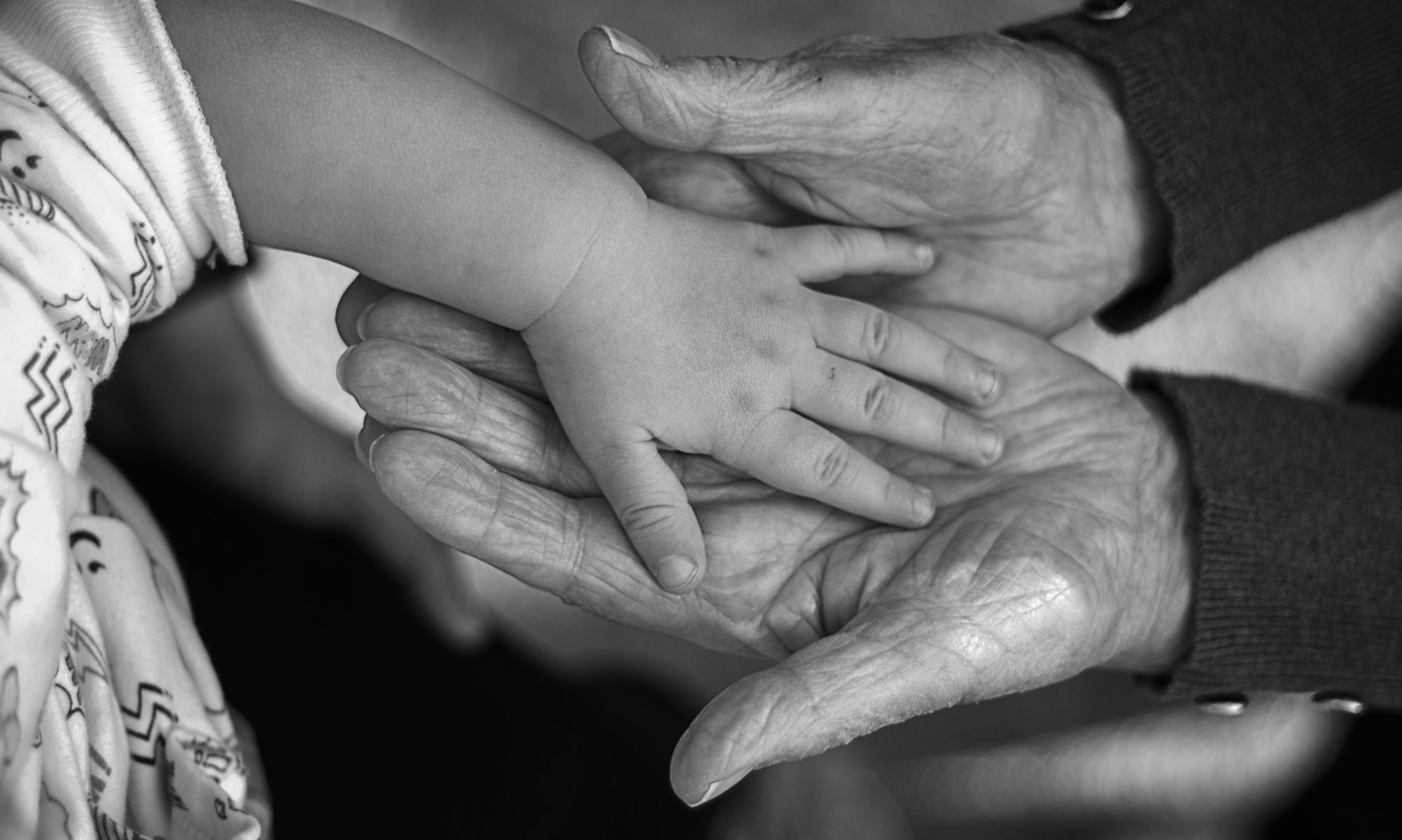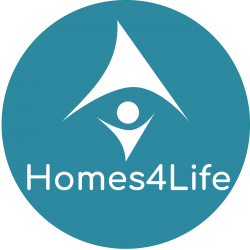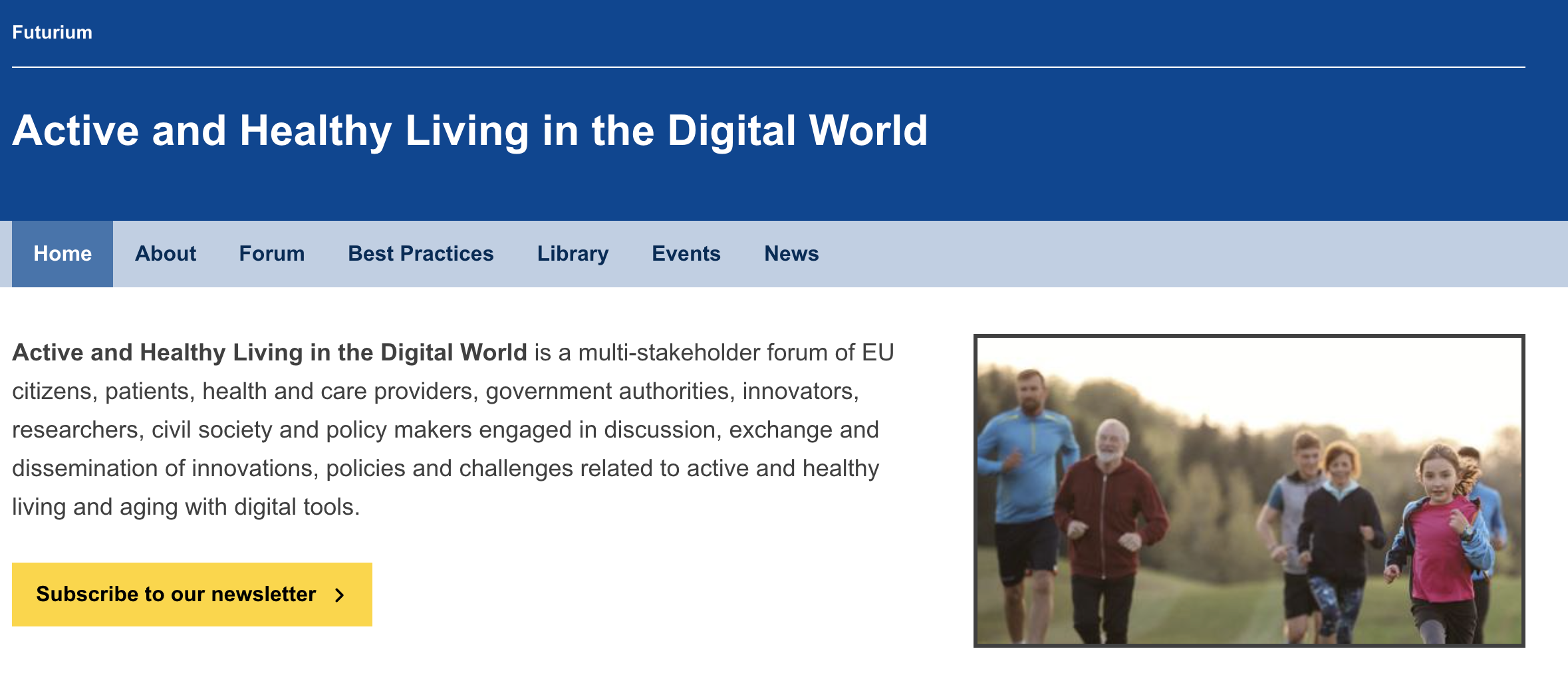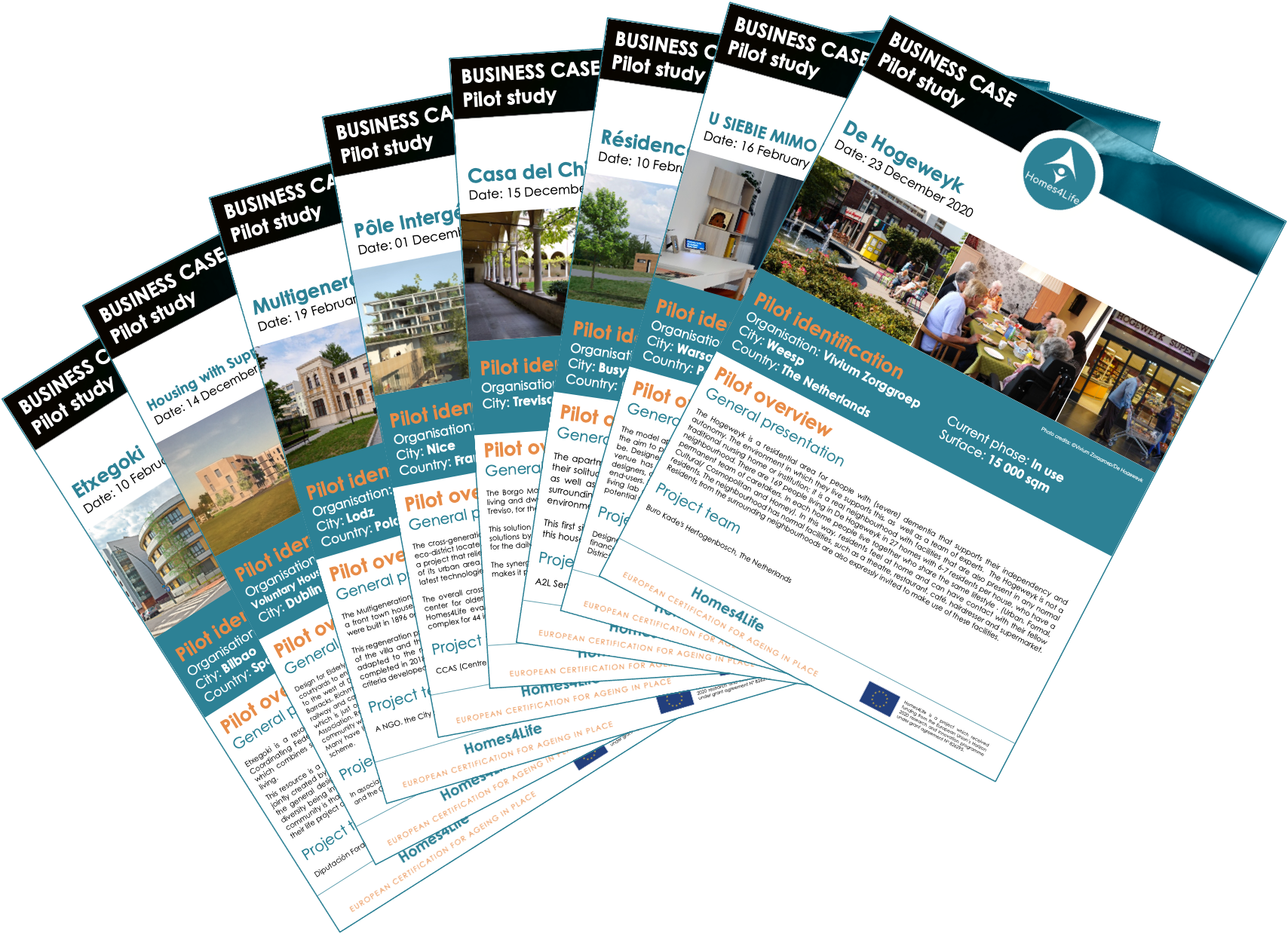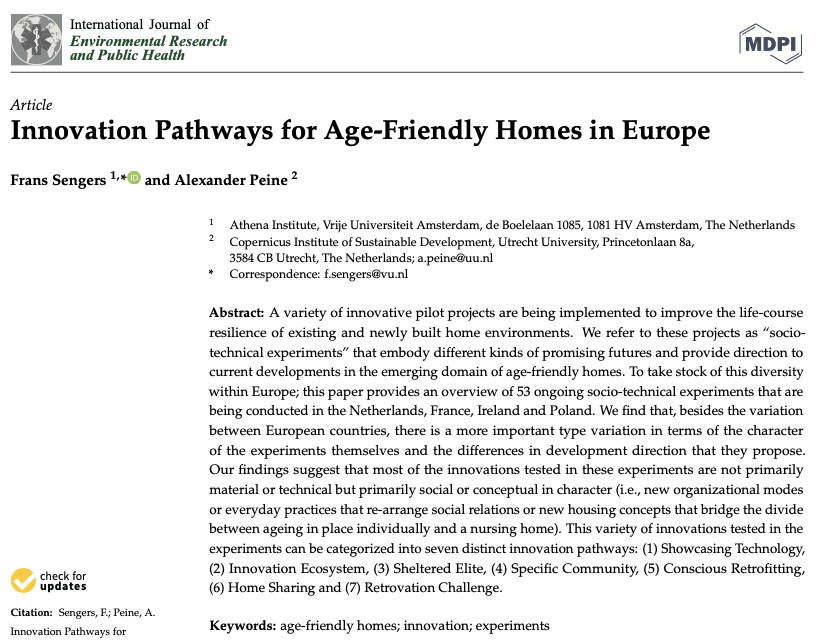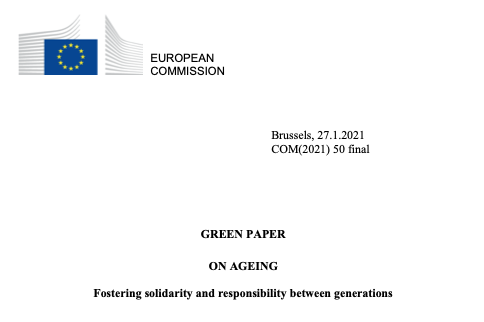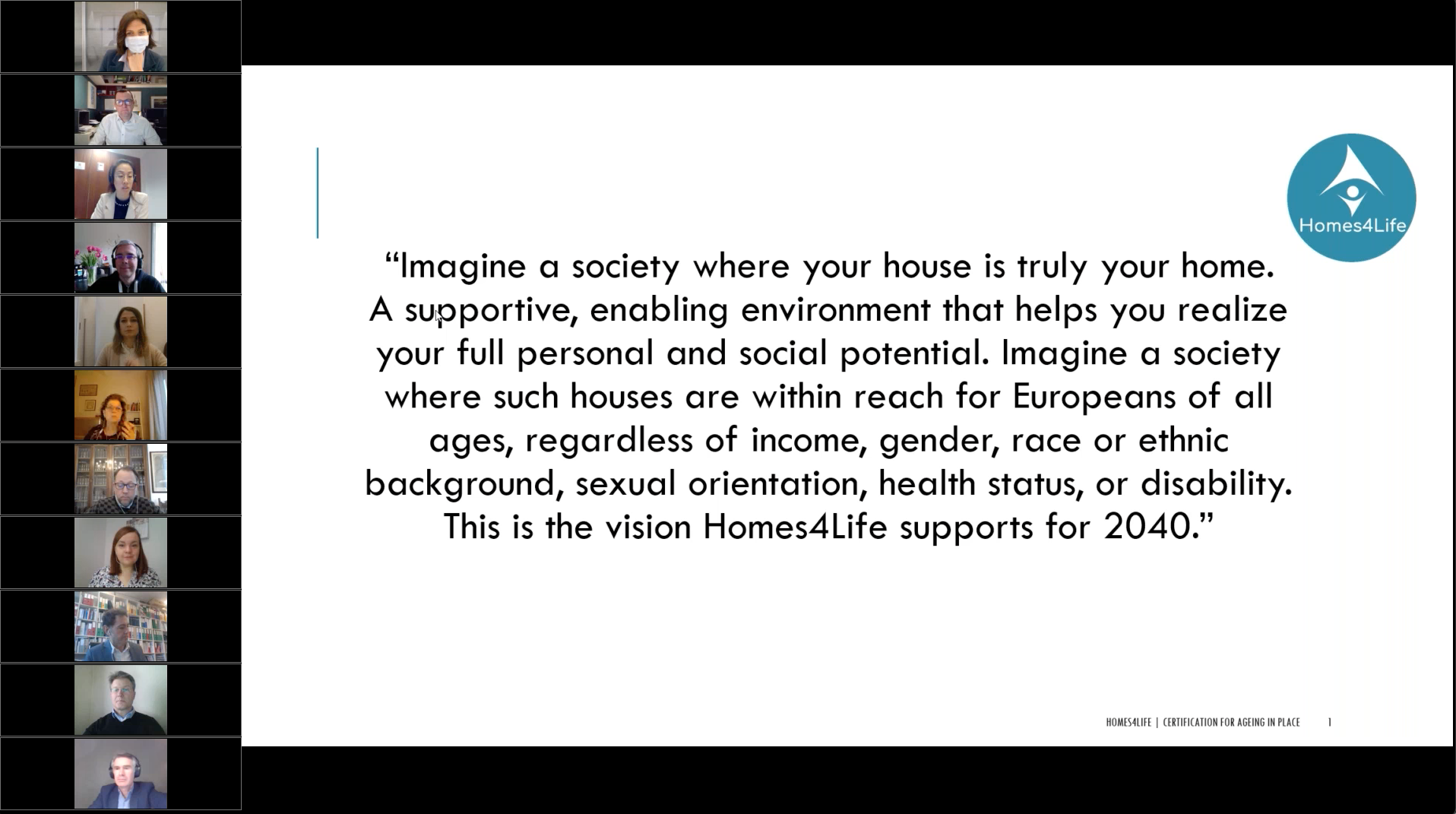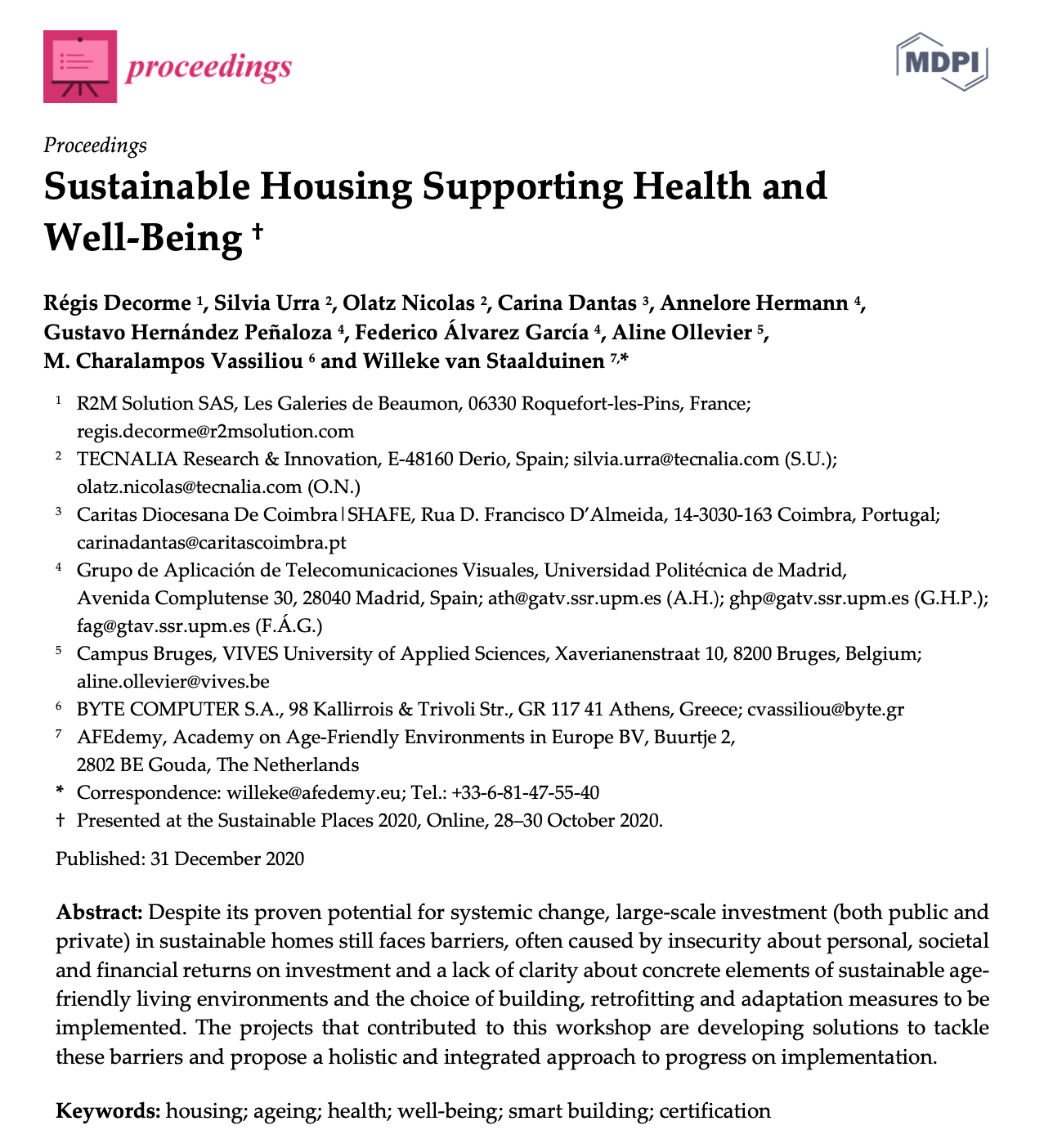We released on the Deliverables page of our website the final version of the Homes4Life Technical Reference Framework (TRF).
This document describes the certification process and the contents of Homes4Life scheme that has been implemented on ISIA digital platform. It is based both upon v0 delivered in M12 and v1 delivered in M23 (see our Deliverables page) and constitutes the final version of the TRF.
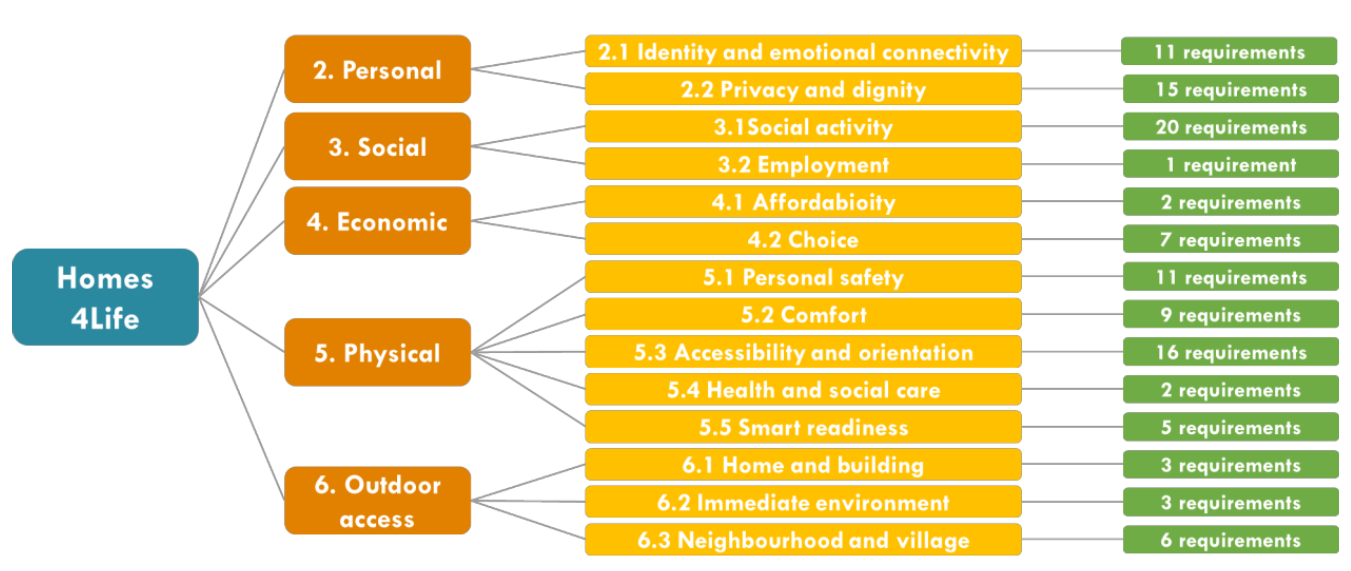
The CS validation phase was performed through a series of test in 12 buildings distributed over 10 pilot sites in different European countries (see our Pilots page) and has been completed and contrasted through a Call for Comments on the previous v1 of the CS.
The main principles of a certification scheme are defined according to Certivéa’s experience and knowledge about certifications schemes (section 2). This section goes through different aspects that must be considered when developing a certification scheme. Afterwards, this document focuses on the specific characteristics of the Homes4Life CS (section 3), and details its principles and assessment process, structure, scoring and award system. Homes4Life CS results from the Functional Brief (D3.4) and final feedbacks from pilot sites and different stakeholders (Expert Board members, Community of interest, Website). Finally, this report presents the quality and validation process carried out for the Homes4Life CS within the project (section 4) and the major changes that occurred from v1 to final version.
Read and download the full report here.
